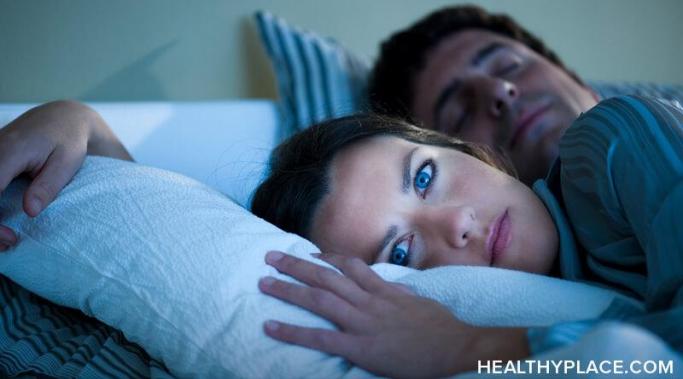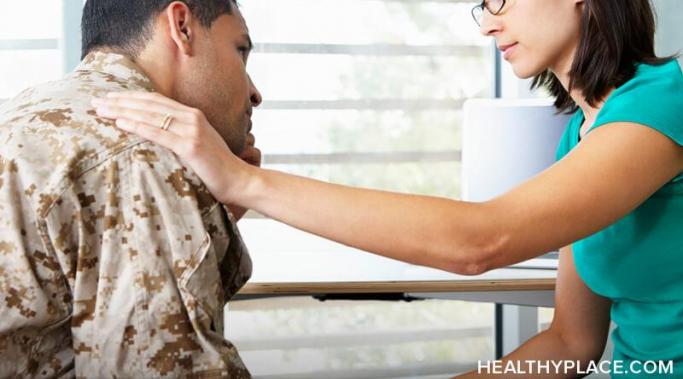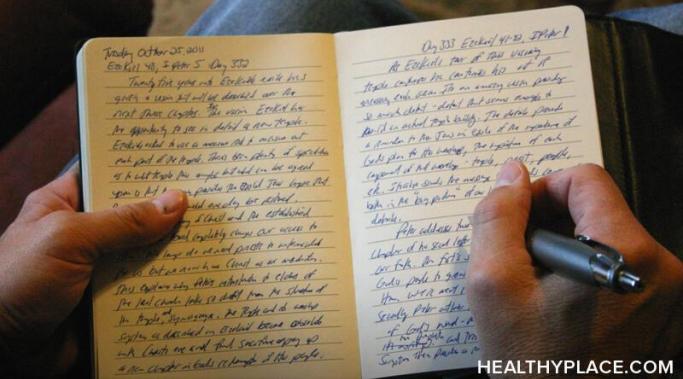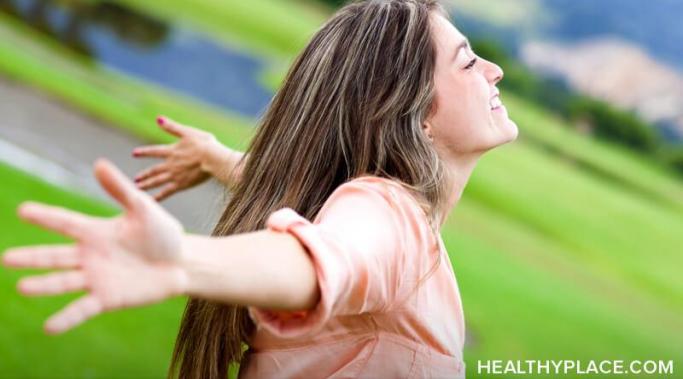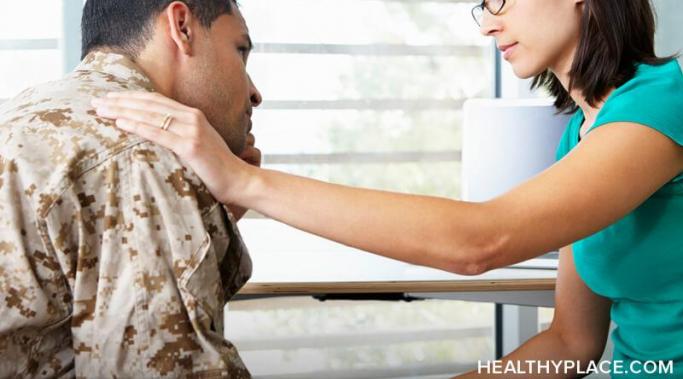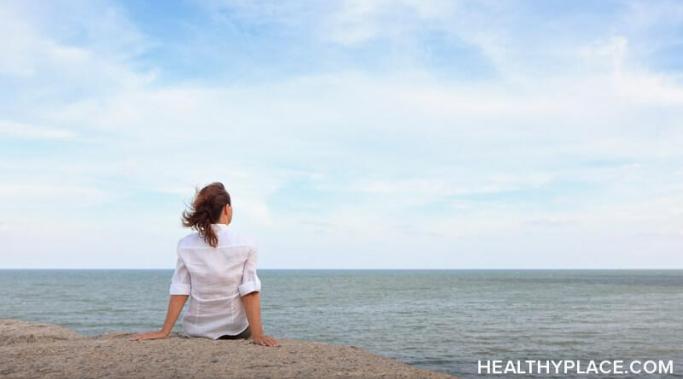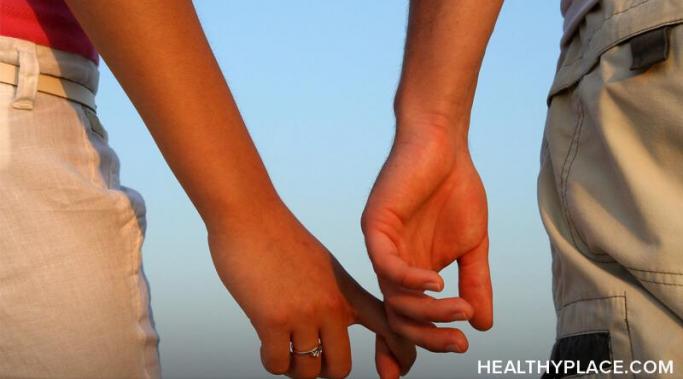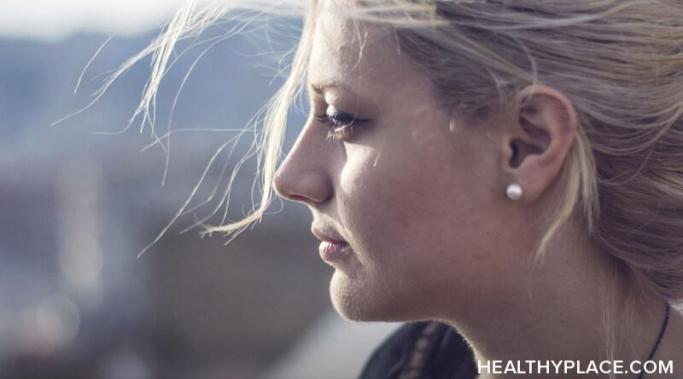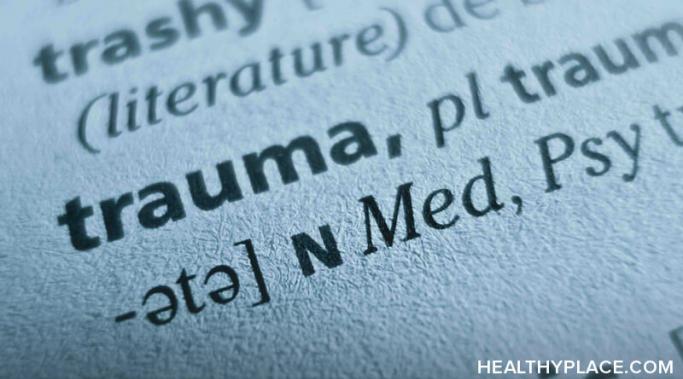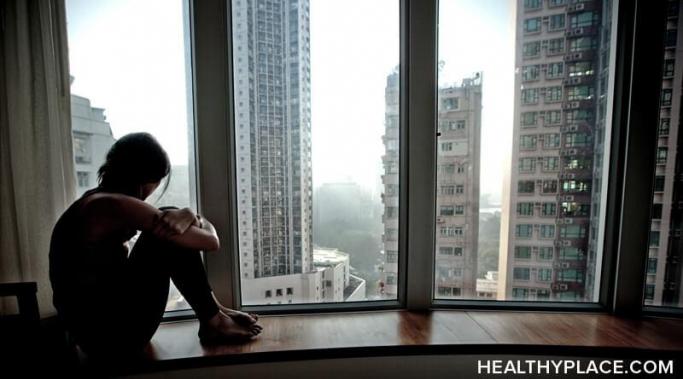After enduring childhood trauma and developing posttraumatic stress disorder (PTSD), I battled an intense fear of loss. Not only was I sexually assaulted at the young age of four, but that same boy threatened my safety as well as my family's. If I told anyone what he did, he would retaliate. While I can rationalize in adulthood, my young brain couldn't comprehend the validity of his menacing warnings. I truly believed my family's lives depended on my ability to stay quiet. Now, in trauma recovery, I fear loss.
Childhood Trauma
Feeling safe after enduring trauma or developing posttraumatic stress disorder (PSTD) can be a challenge. Growing up, I had a persistent uneasy feeling in my gut that manifested as a constant stomach ache. After being sexually assaulted by another (though older) child, I found myself unable to feel at ease in my own body. I worried not only about my personal safety but also my family's — especially since the boy threatened to hurt me and my loved ones if I told anyone what he did to me. Feeling safe with PTSD turned out to be very hard.
The idea of healing trauma through writing might feel too good to be true. When I was a kid, I used to sit on my bed in the moonlight and craft fictional stories in my mind. I'd spend Friday nights with fairy lights decked across my room and draft poetry and lyrics about my current situation. I'd journal before falling asleep to release any fear or obsessive thoughts that were clouding my head. Little did I know I was healing trauma through writing.
You can reclaim your power after trauma, although it can be challenging. A common issue I battle from my posttraumatic stress disorder (PTSD) is the feeling of powerlessness. I've found it's hard to foster empowerment after enduring a difficult or complex trauma — even when it gets set off years later. While PTSD might be an ongoing battle for many, with the effects of trauma often lingering, there are ways you can lessen its weight. Here are six habits I've been practicing to help reclaim my power.
Seeking validation from others is often demonized today. We are made to feel guilty for this human desire — for craving attention, reassurance, and support. And while it's healthy to give yourself the validation you're searching for, shaming yourself for seeking validation from others will not help you.
Some who have struggled with childhood trauma might develop maladaptive daydreaming as a coping mechanism. For example, when I was only four, I endured child-on-child sexual assault and emotional abuse that made me feel isolated from the rest of the world. It felt too terrifying and heavy to be in the real, present moment. Any time I was still or not distracted, I felt extreme anxiety, panic, and sadness. This led to my development of maladaptive daydreaming — a habit I am still actively trying to break as an adult today.
Posttraumatic stress disorder (PTSD) impacts various areas of life. When it comes to romantic and intimate relationships, PTSD can make it especially difficult to get close to someone.
Self-forgiveness in posttraumatic stress disorder (PTSD) recovery is a valuable, yet often ignored, aspect of trauma healing. While we hear a lot about the importance of forgiving people that have hurt us, learning how to forgive ourselves is something that is not regularly discussed. However, self-forgiveness is crucial to our wellbeing, especially for people with PTSD.
Learning that I had posttraumatic stress disorder (PTSD) was the first important step in my trauma recovery. Symptoms of the disorder typically start within three months of a traumatic event but in some cases, there can be a delay. Because of PTSD stigma, people often dismiss symptoms of the disorder until it is no longer possible to ignore them.
I've kept strong family boundaries in place even as the COVID-19 pandemic upended life as we've known it. Stores are closed, gyms are shut down, and businesses are struggling to get by as communities across the world hunker inside their homes. While the coronavirus probably won't be much of an issue for me as a healthy, 24-year-old woman, I worry about those around me. I think about what would happen if my coaches or my friends with compromised immune systems fell ill. I worry about my sister living alone while her community is shut down. And I worry about my family members catching COVID-19 even though I've had strong family boundaries in place due to their abuse.
